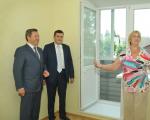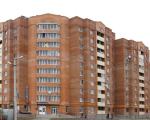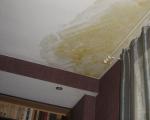Permissible noise level in the apartment in decibels
Loud sounds behind the wall can turn the life of even the happiest and calmest person into a real hell. Intense and very powerful sound waves have a negative effect on the human body, cause mental disorders, poor health and, as a result, a lot of different diseases.
In this regard, it is extremely important to have an idea of what is the permissible noise level in decibels in an apartment during the day and at night. If the sounds are too loud, then this may be the reason for filing a complaint with the appropriate authorities and holding the guilty tenant liable.
Noise level standards in residential premises are determined at the legislative level, taking into account the physiological characteristics of the human body and the lifestyle of the bulk of the population. Of course, each apartment building has its own life. Some residents have a name day and a stormy feast today, while others have repairs and rearrangement of furniture.
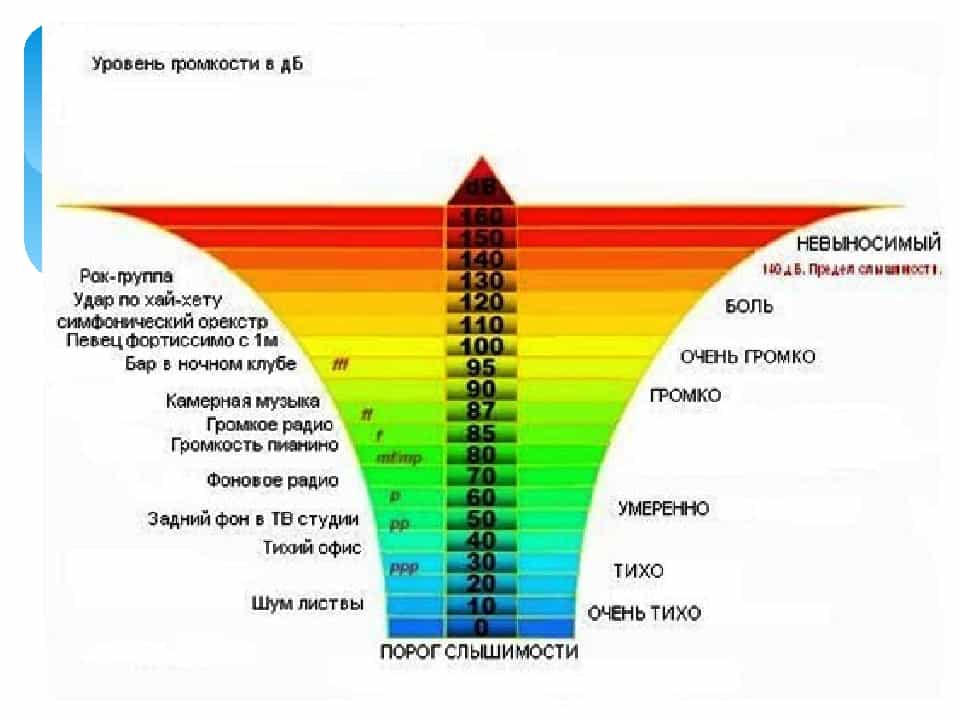
Each of the residents has the right to carry out repairs or agrees to the situation when a sick child cries, however, there are situations when neighbors regularly and intentionally make noise, thereby causing serious inconvenience to others. Controversy often arises about how loud the sounds made by neighbors were.
In this regard, special provisions are prescribed in the relevant legislative acts that determine the degree of loudness of a particular sound wave. All types of noise are measured in decibels, so all limiting indicators are indicated in these units.
Restrictions during the day
On average in the country, the restriction of any noise is set for the period from 23 to 7 in the morning. The noise level allowed at this time should not exceed 40 dB. Here is a small table for comparison:
Based on the above examples, we can conclude that the 40 decibel barrier is a fairly modest indicator that allows a person to have a good rest and sleep. You can compare this parameter with a quiet conversation. During the quiet hour (from 13 to 15 hours), silence should be generally complete.
Schedule may change for weekends and holidays. On such dates, you can start making noise only after 10 am, but within the same 40 dB. This limitation is valid until 22 hours, and then the indicator drops to 15 dB. Often among the population the question arises whether it is possible to make repairs and at what time of the day it is allowed.
All necessary work is allowed to be carried out on ordinary days from 9 am to 19 pm. In this case, the duration of the repair work should not exceed 6 hours. Between these intervals there must be at least an hour break. The maximum allowable repair period is up to 3 months.
Restrictions at night
The maximum permissible noise level during the established night hours can be 30 dB and not more. In terms of volume, this is a quiet conversation. It is absolutely not allowed to perform the following manipulations:
- turning on the TV or music device at a high volume;
- various noises, trampling, whistling, singing;
- it is forbidden to launch fireworks or use other pyrotechnic products;
- carry out repairs or rearrange furniture.
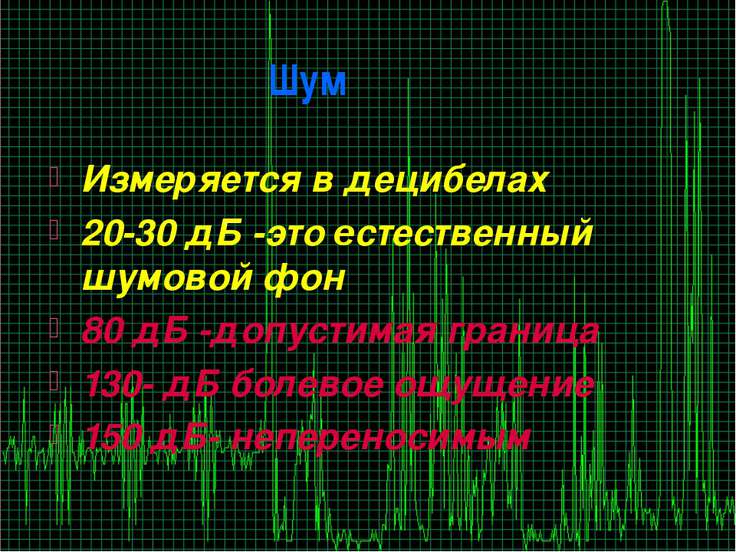
Each of these situations has its own limitations. In particular, we are talking about the following points:
- holding mass and cultural events in honor of a holiday or solemn event.
- noise resulting from the capture of an intruder;
- various accidents, fire, natural disasters, force majeure.
If such violations occur, then it is first worth contacting the violators and trying to convince them to stop the noise. When such an impact did not work, you can make a complaint and contact the district police officer.
What is the danger of loud sound and what can be the source of increased noise?
Often loud and intense sounds that exceed the permissible level can be dangerous for a person's well-being. In particular, such exposure can cause an increase or decrease in blood pressure, a severe headache, deafness, and even a mental disorder.

Constant and prolonged exposure can lead to a real catastrophe. In any apartment, loud sound can be emitted by various sources, for example:
- turned on to the fullest TV or tape recorder;
- constant screams, scandals, quarrels;
- playing musical instruments;
- loud feasts and songs;
- operation of elevators, ventilation and other equipment;
- electrical and construction tools that are used in the performance of repair work.
Each source is capable of emitting sounds of special intensity, which, in turn, negatively affect the health of the surrounding people, cause complex diseases and do not just allow you to relax after a hard day's work.
Conclusion
Loud sound is extremely dangerous for any person, and its constant exposure can lead to serious health complications. In this regard, you yourself should carefully monitor compliance with the noise level in the home and on the street, as well as monitor others in this area.


